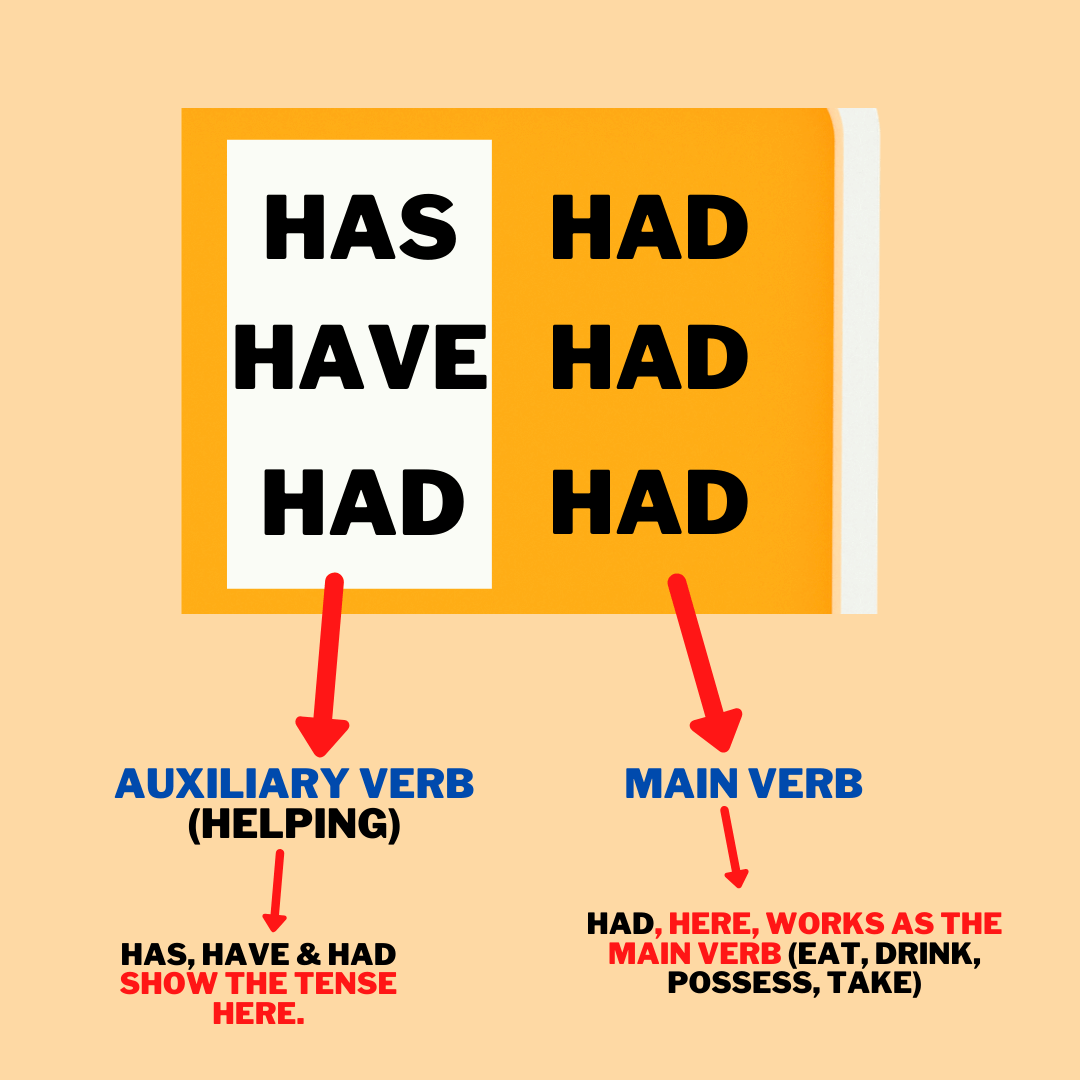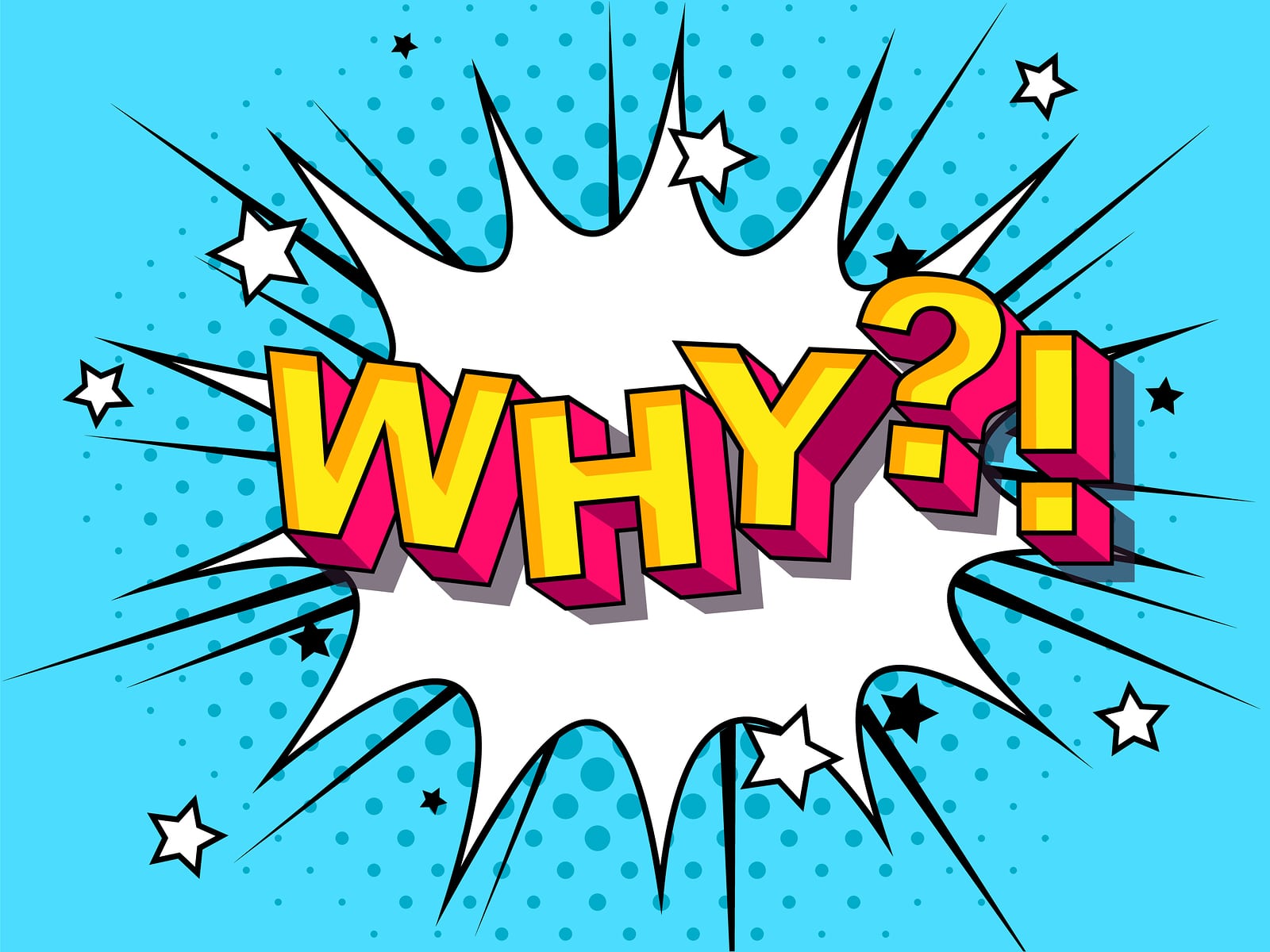Emotional Resilience: How Processing Loss Strengthens Mental Health
Understand the impact of loss on emotional health
Loss is an inevitable part of the human experience. Whether it’s the death of a loved one, the end of a relationship, lose a job, or face a major life transition, these experiences challenge our emotional wellbeing in profound ways. However, learn to cope with losses efficaciously doesn’t precisely help us survive difficult times — it really builds the foundation for robust emotional health.
Research systematically show that people who develop healthy coping mechanisms for processing loss demonstrate greater emotional resilience, better stress management, and more satisfying relationships over time. This isn’t about minimize grief or” get over it rapidly, ” ut kinda about integrate loss experiences into our lives in meaningful ways.
The physical and psychological effects of unprocessed grief
When we don’t right address our losses, the consequences can be serious. Unresolved grief much manifest in physical symptoms like sleep disturbances, changes in appetite, reduce immune function, and increase inflammation. Psychologically, it may lead to depression, anxiety, difficulty concentrating, and emotional numbness.
Dr. Katherine shear, director of the center for complicated grief at Columbia University, explain that grief become complicated when our natural healing processes get derail. ” When people can’t move advancing in the grieve process, they oftentimes remain stuck in intense emotions that don’t evolve or change over time, ” he nonotes
The difference between healthy and unhealthy coping mechanisms
Not all ways of deal with loss are evenly beneficial. Healthy cope strategies promote emotional processing and gradual healing, while unhealthy mechanisms may provide temporary relief but finally compound suffering.
Unhealthy coping mechanisms
- Substance use to numb emotions
- Complete avoidance of feelings relate to the loss
- Isolation from social support
- Throw oneself into work or activities to avoid process grief
- Deny the significance of the loss
Healthy coping mechanisms
- Acknowledge and express emotions
- Seek support from trust friends, family, or professionals
- Engage in meaningful rituals or commemorations
- Practice self compassion
- Gradually find meaning in the experience
The goal isn’t to eliminate grief but to learn to carry it otherwise over time. As grief researcher David Kessler explain,” healing doesn’t mean forget or make the grief smaller; it mmeansmake your life larger around the grief. ”
The five stages of grief: a framework for understanding
The ruler rRossmodel of grief, which outline five stages — denial, anger, bargaining, depression, and acceptance — provide a helpful framework for understand emotional responses to loss. Nonetheless, modern grief counselors emphasize that these stages aren’t linear, and not everyone experience all of them.
Contemporary grief theory recognize that healing oftentimes involve oscillate between loss orient coping (focus on the loss itself )and restoration orient coping ( (cus on adjust to life changes and move forth ).)oth processes are necessary for healthy adaptation.
Building emotional resilience through loss
Resilience isn’t about bounce rearward to precisely who you were before a loss. Rather, it’s about grow through adversity and develop new emotional strengths. Research by psychologist George bonanza show that resilience is really the virtually common response to loss — not prolong depression or dysfunction.

Source: thevectorimpact.com
People who successfully build resilience through loss frequently report:
- Greater appreciation for life
- Deepen sense of personal strength
- Stronger connections with others
- New possibilities or paths in life
- Spiritual growth or enhanced sense of meaning
These positive changes don’t diminish the pain of loss but can coexist alongside it, create what researchers call” ppost-traumaticgrowth. ”
Practical strategies for healthy grief processing
1. Honor your emotions without judgment
Give yourself permission to feel whatever emotions arise — sadness, anger, relief, confusion — without criticize yourself for having them. Emotions aren’t right or wrong; they’re information about your internal experience. Journaling can be especially helpful for acknowledge and express complex feelings.
2. Maintain physical self-care
Grief take a physical toll. Prioritize sleep, nutrition, hydration, and movement. Evening gentle physical activity like walking can help regulate your nervous system and improve mood through the release of endorphins. Remember that care for your body support your emotional processing capacity.
3. Create meaningful rituals
Rituals provide structure and symbolic meaning during times of loss. This might include formal ceremonies like memorial services, or personal practices like light a candle on significant dates, create art that express your feelings, or visit places that hold special memories.
4. Connect with supportive people
Isolation oftentimes intensifies grief. While you may need some time lone, maintain connections with understand friends and family members provide crucial emotional support. Consider join a grief support group where you can share experiences with others who sincerely understand.
5. Practice mindfulness
Mindfulness help you stay present with difficult emotions without becoming overwhelm by them. Simple practices like focused breathing, body scans, or mindful walking can help ground you when grief feels intense. The goal isn’t to escape feelings but to develop a healthier relationship with them.
6. Find balance between remembering and living forward
Healthy grief involve both honor what you’ve lost and gradually reinvested in life. Set by specific times to remember and reflect, while besides allow yourself to engage in activities that bring meaning or moments of joy. This dual process help integrate the loss into your ongoing life story.
When to seek professional support
While grief itself isn’t a disorder, sometimes professional help is need. Consider reach out to a grief counselor, therapist, or other mental health professional if:
- You feel stuck in intense grief that doesn’t change over time
- You’re having thoughts of harm yourself
- You’re use substances to cope
- You’re unable to function in daily life for an extended period
- You’ve lost your sense of identity or purpose
- Your experience complicated grief symptoms like persistent denial or intense yearning that disrupt everyday function
Professional support doesn’t indicate weakness — it’s a sign of self awareness and commitment to healing.
Cultural perspectives on loss and grieving
How we process loss is deep influence by cultural background. Some cultures encourage open emotional expression, while others value stoicism. Some have extensive mourning rituals last years, while others emphasize quicker returns to normal activities.
Understand your own cultural inheritance around grief can help you identify both supportive traditions and potential limitations. You might choose to adopt practices from other cultures that resonate with your needs while honor your heritage.
Support others through loss
When someone you care about experiences a loss, your support can make a significant difference in their healing journey. Effective support involve:
- Listen without try to fix or minimize their feelings
- Avoid platitudes like” everything happen for a reason ”
- Offer specific, practical help preferably than say” let me know if you need anything ”
- Continue to check in overtime, as support oftentimes diminish while grief continue
- Remember significant dates relate to the loss
- Create space for them to talk about the person or thing they’ve lost
Sometimes the virtually powerful support is merely your consistent, non-judgmental presence.
Transform loss into growth
Many people who successfully navigate significant losses report that these experiences, while painful, finally contribute to profound personal development. This transformation isn’t automatic — it requires intentional reflection and meaning making.
Psychologist Viktor Frankl, who survive Nazi concentration camps, write extensively about find meaning in suffer. He observes that people who could construct meaning from their losses were advantageously able to endure them and finally find renew purpose.
Ways to facilitate this transformative process include:
- Reflect on how the loss has changed your perspective on what matter
- Identify strengths or capacities you’ve developed through cope
- Find ways to help others who are experience similar losses
- Create something meaningful inspire by your experience
- Advocate for change relate to your loss (like support research for a disease that take a lloved on)
The ongoing nature of grief integration
Modern grief theory has move aside from the idea that grief end with” closure ” r “” solution. ” ratRatherealthy grief processing involve integrate the loss into your life narrative in a way that allow you to move advancing while maintain a connection to what was loslost

Source: tamaracamerablog.com
Grief counselor Megan Devine describe this as learn to build a life around the hole, kinda than try to fill it. ” The pain of grief is not something to be fixed or solv” ” shewritese. Itit’s merely the cost of having beeallowedow to love something. ”
This perspective allow for a more nuanced understanding of how losses continue to affect us while not define us wholly. Many people describe grief as something that change shape over time but remain a part of their emotional landscape — become more manageable but ne’er disappear totally.
Conclusion: emotional health through integrated loss
Learn to cope with losses develop emotional health not by eliminate pain but by expand our capacity to hold complex emotions. Through this process, we develop greater self awareness, deeper compassion for ourselves and others, more authentic relationships, and a richer engagement with life’s meaning.
The ability to face loss bravely — to feel its full impact while continue to find purpose and connection — may be one of humanity’s virtually profound strengths. By develop healthy approaches to loss, we don’t simply survive difficult experiences; we allow them to transform us in ways that deepen our humanity and enhance our capacity for meaningful living.
As author Cheryl strayed write,” you let time pass. That’s the cure. You survive the days. You float like a rabid ghost through the weeks. YFurthermore, youcry and wallow and lament and scratch your way backwards upward through And so on. And so one day you find yourself alone on a bench, andthe sun and you close your eyes and lean you, andad spine and you realize you’re okay. ”
MORE FROM visa4visit.com













